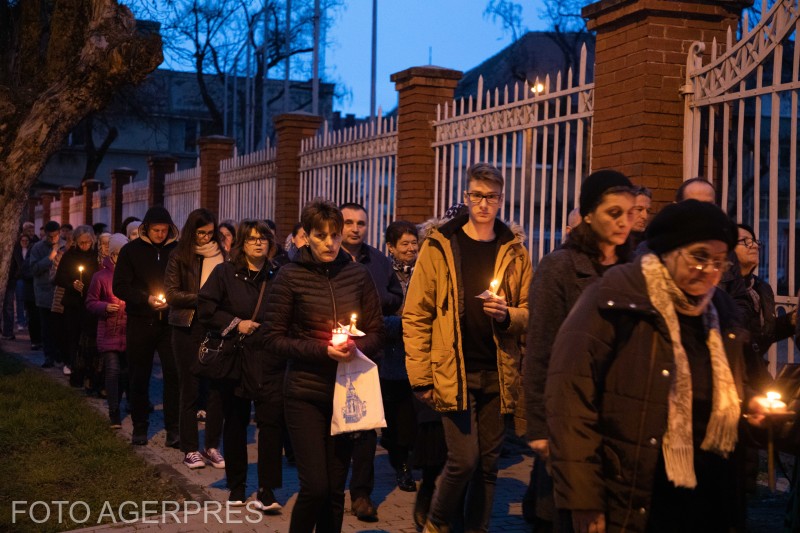International terrorism and CIA prisons
The existence of secret CIA detention centres in Europe, Romania included, is again at the forefront of political debate.

Bogdan Matei, 11.10.2013, 12:24
Just when the case appeared to be finally closed, the European Parliament requested Romania and 12 other EU member states to reopen investigations into the existence of CIA prisons on their respective territories. In a resolution adopted by the European Parliament, euro MPs requested for the first time that ministers with access to information on this topic also be heard. They say they are disappointed with Bucharest’s silence on the matter and accuse the Romanian authorities of covering up for the US’s Central Intelligence Agency. Officially, Bucharest has not in fact been silent.
The representatives of several governments and both the former and the current president, Ion Iliescu and Traian Basescu, respectively, have repeatedly denied the existence in Romania of secret detention centres used for the interrogation under torture of terrorism suspects. This was also the conclusion of the inquiries conducted by a special committee created by the Parliament in Bucharest.
The country’s current prime minister, Victor Ponta, also says he has no information about such prisons. The foreign minister, Titus Corlatean, said Bucharest would make a close examination of the resolution passed by the European Parliament. He underlined that this is in fact a political document and has no legally binding force. Corlatean recalled that Romania has already conducted a thorough and transparent inquiry into the case. All hearings and investigations led to the same conclusion, namely that it is impossible to prove the existence of CIA detention centres.
Neutral observers note that Romania is a false target on account of its joining the international anti-terror coalition soon after the attacks of September 11th 2001 in the US. The statement of an Al Qaida leader, Muhammad al Nashiri according to which he was tortured in a secret CIA prison in Romania now raises question marks over the statements of all Romanian officials. The events Romania is suspected of date from 2003, with the CIA programme being closed three years later, according to a report published earlier this year by the American NGO Open Society Justice.
Romania was allegedly used as a transit country on route to the final destination, the high security prison in Guantanamo. The debates will most likely continue because, beyond the subject of CIA secret prisons, it is only natural for democratic states to ask themselves what are the limits of their antiterrorist actions and whether freedom can truly be defended with the instruments used by its adversaries.






























